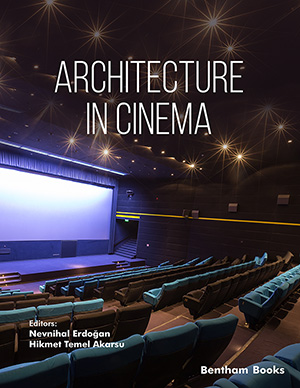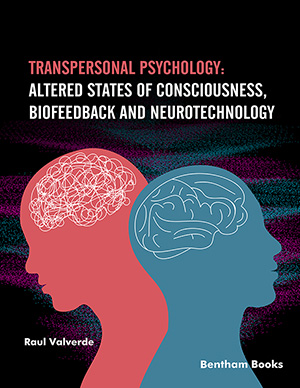Abstract
Shining, a 1980 film directed by Stanley Kubrick and based on the novel of
the same name by Stephen King, is one of the crucial examples of the psychological
thriller genre. Stanley Kubrick is an American film director of Jewish origin. The
director, who prefers to create uniqueness in his films, has adapted many literary works
for the cinema. One of them, the movie Shining is about the experiences of the
protagonist of the film, Jack, working as an off-season caretaker and with his family in
that place. Jack resigns from his teaching job, agrees to work at the Overlook Hotel on
a deserted hill during winter, and settles into the hotel with his family. Since the hotel
is closed in the winter, Danny, the gifted son of this family residing in the hotel, sees
through his superpowers that there are evil spirits in the inn, that his father is possessed
by these spirits, and that he is slowly coming to the point of insanity and his
psychological breakdown.
The central theme of the film, which has an important screenplay in terms of space and
human relationships, is drama and horror. Within the scope of the study, the effects of
human psychology on space and, at the same time, the impact of space on human
psychology are discussed via space, through colors and sound, as well as light. From
the beginning of the movie, it is possible to see scenes that will affect Jack's insanity,
starting from the outside.
In addition to these architectural elements that have caused Jack to go insane, the
labyrinth theme and symmetry that we often see in places in the film also have an
important place in the story. As a result of all this, the phenomenon that affects human
psychology in the film, that is, the main character Jack's insanity, is uncanniness. In the
article, the phenomenon of uncanniness is conveyed within the flow of the film via the
characters and their spatial reflections. The psychological effect of space on people, as
well as the psychological effect of people on space, has been processed through the
phenomenon of the uncanny.
Keywords: Ahwahnee Hotel, architecture in Cinema, being lost, being stuck, horror, insanity, interior space, jack Nicholson, loneliness, maze, overlook Hotel, psychology, stephen King, scene, space, symmetry, stanley Kubrick, Shelley Duvall, thriller, uncanny spaces.







